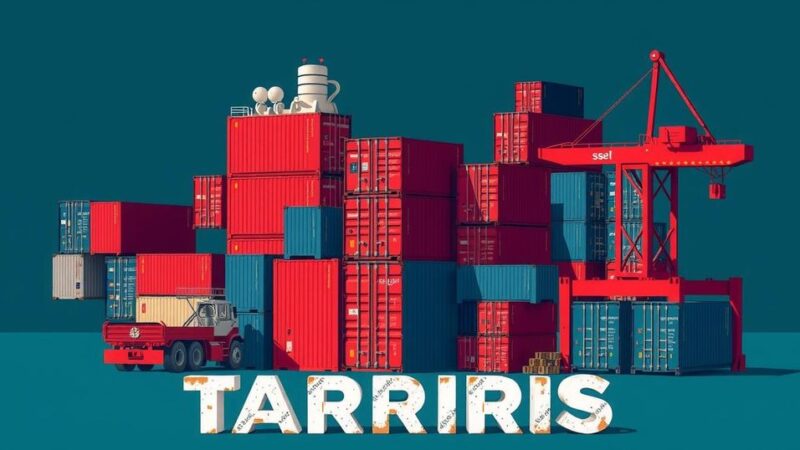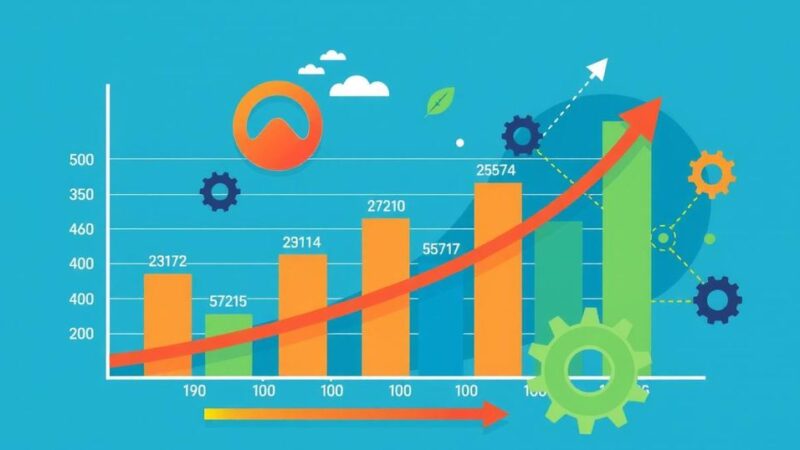Bogolo Kenewendo, Botswana’s Minister of Minerals, discussed the diamond industry at a JCK luncheon, sharing insights on the new contract with De Beers, potential increases in diamond sales, and the need for consumer education. She addressed lab-grown diamonds’ market impact and emphasized Botswana’s commitment to ethical sourcing and the value of natural diamonds. Kenewendo also highlighted the importance of traceability in promoting Botswana’s diamond narrative.
In an enlightening discussion with JCK, Bogolo Joy Kenewendo, Minister of Minerals and Energy for Botswana, elaborated on her recent experiences and viewpoints regarding the diamond industry. Following the signing of a new contract with De Beers, Kenewendo expressed optimism for Botswana’s diamond market enhancement and consumer education initiatives. Her insights reveal challenges within the U.S. market regarding diamond sourcing awareness, although the response to Botswana’s participation in the industry has been favorable.
Kenewendo highlighted that Okavango Diamond Company (ODC) will increase its sale of diamonds from 25% to 30% immediately, reaching 40% over five years and 50% by the tenth year. Different sales strategies are being developed, including adjustments from auction-based sales. During the luncheon, she also mentioned the potential for a hallmark akin to the Canadamark, intended to symbolically communicate Botswana’s commitment to ethical mining.
The establishment of a joint marketing fund as part of the new contract is designed to bolster Botswana’s position in the diamond industry. A steering committee will supervise marketing strategies that emphasize Botswana’s value in the diamond sector and its commitment to responsible mining practices. Additionally, Kenewendo confirmed that there is currently no agreement or ongoing negotiations with HB Antwerp regarding a stake in the company.
On the state of Botswana’s diamond-cutting factories, Kenewendo reassured that while some factories may have paused operations, they have not permanently closed, and there is hope for market recovery. She affirmed that the country is actively working to enhance efficiency in manufacturing natural diamonds.
Regarding lab-grown diamonds, Kenewendo initially viewed them as a threat to the natural diamond market. However, she noted a recent uptick in preferences for natural diamonds across various regions. The growing revenues and stabilization in natural diamonds, alongside misconceptions about the ethical implications of synthetics, underscore the importance of conveying the unique value position of natural diamonds.
When asked about a greater stake in De Beers amidst Anglo American’s intentions to sell, Kenewendo remarked that Botswana is exploring opportunities but emphasizes shared values and the significance of economic stability as core priorities for any ownership transition. Lastly, she called attention to the need for improved traceability of diamonds to tell the Botswana story effectively, enhancing market understanding through investment in marketing and consumer engagement activities.
Consistently, Kenewendo affirmed the enduring value of diamonds and the necessity of continued investment in the diamond market in Botswana, reiterating its vital role as an economic contributor and cultural emblem.
In conclusion, Minister Bogolo Kenewendo’s insights offer a promising outlook for Botswana’s diamond industry post the recent De Beers contract. The focus on increasing diamond sales, implementing effective marketing strategies, and facilitating consumer education reflects Botswana’s commitment to enhancing its global diamond position. Additionally, her perspectives on lab-grown diamonds emphasize a need for the natural diamond sector to convey its intrinsic value and sustainability effectively.
Original Source: www.jckonline.com






